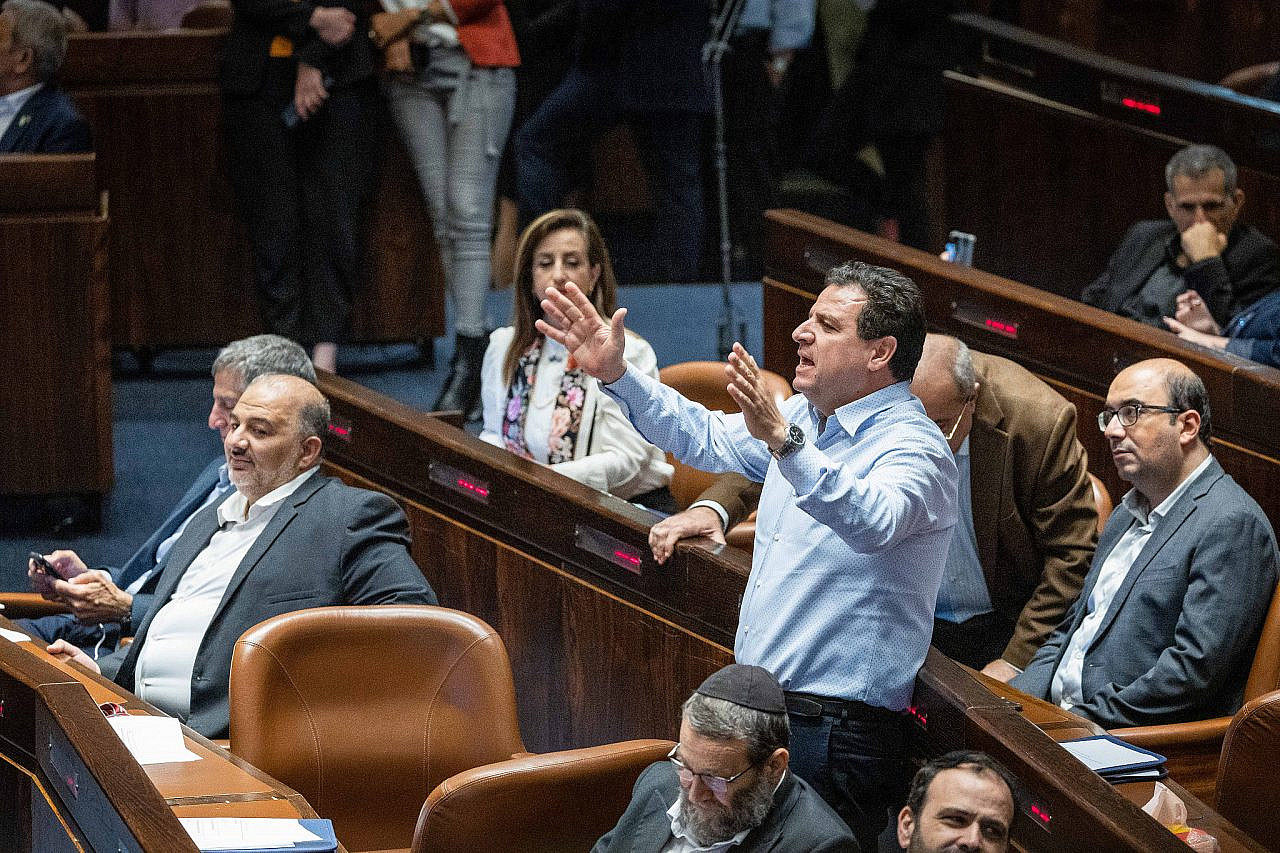One-hundred years after it set down roots between the Jordan River and the Mediterranean Sea, the Communist movement in Israel, once the leading current of the Palestinian political struggle for equality, is at a potential crossroads.
Establishing the Arab-Jewish Democratic Front for Peace and Equality (Hadash/Al-Jabha) in 1976 was a historic accomplishment for the Communist Party of Israel, commonly known by its Hebrew acronym, Maki. Hadash signified the party’s prominence among Palestinian citizens, affirmed its commitment to joint Arab-Jewish political action, and became its most visible public face.
In May 2023, Hadash chair Ayman Odeh, arguably the most statesman-like national political figure from any party, announced he would not run in the next Knesset election. Hadash regulations require anyone who has served eight years in the Knesset to be endorsed by ¾ of the Council members before seeking another Knesset term, and Odeh did not appear to have the votes.
Odeh was the leading architect of the now-defunct Joint List, comprised of entirely and predominantly Arab parties, whose strength peaked at 15 Knesset seats in 2020. The Joint List won’t be resurrected. Odeh’s departure from the Knesset therefore offers an opportunity to affirm the value of democratic governance, assert that the Knesset may not be the most important arena for organizing for political change, and open up a vital discussion about the future of Maki and Palestinian politics in Israel.
Throughout its history, Maki has been more thoroughly committed to Palestinian-Jewish equality and joint Palestinian-Jewish political action than any other political force in the country. That is an achievement to celebrate in a political environment defined by the severe constraints on left-wing political action imposed by the Zionist project and its alliance with its imperial patrons: successively, Britain, France, and the United States.
Nonetheless, despite years of mass support from the Palestinian public in Israel, over the course of its 100-year existence, Maki has manifestly failed to unite Arab and Jewish workers in Palestine-Israel into a viable socialist movement. It committed serious political errors and misunderstood the circumstances in which it acted.


